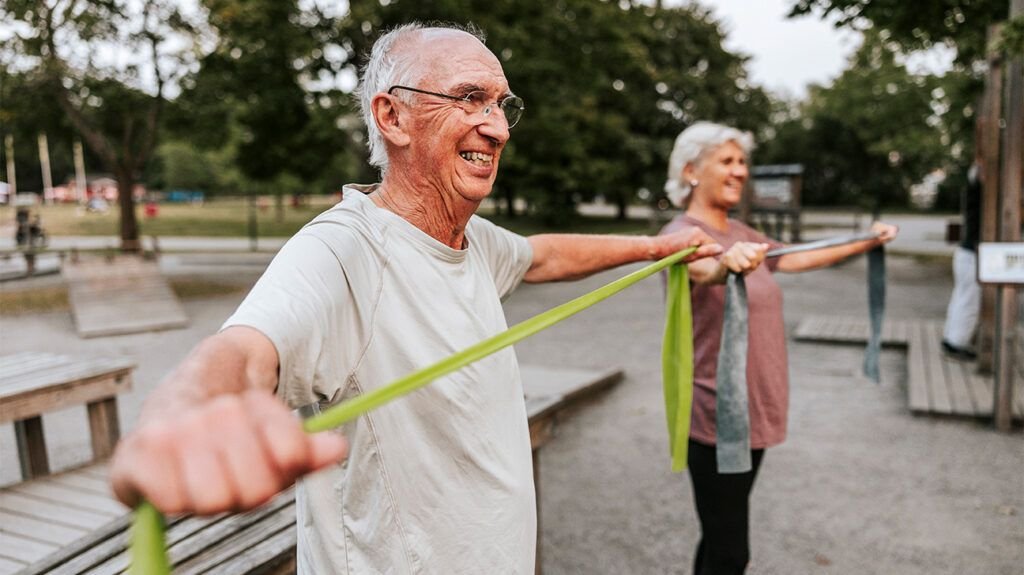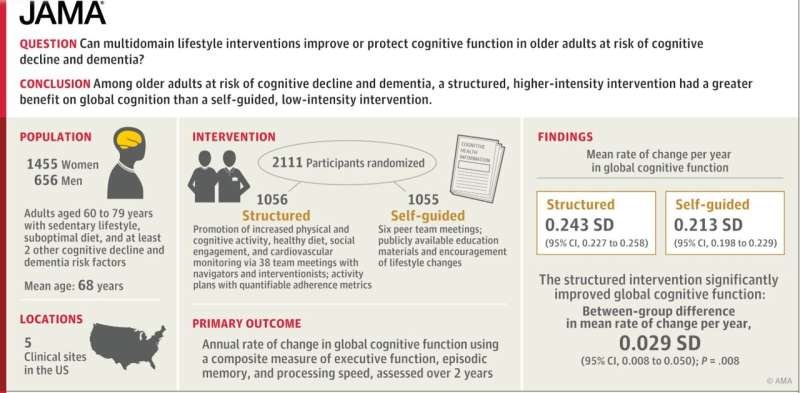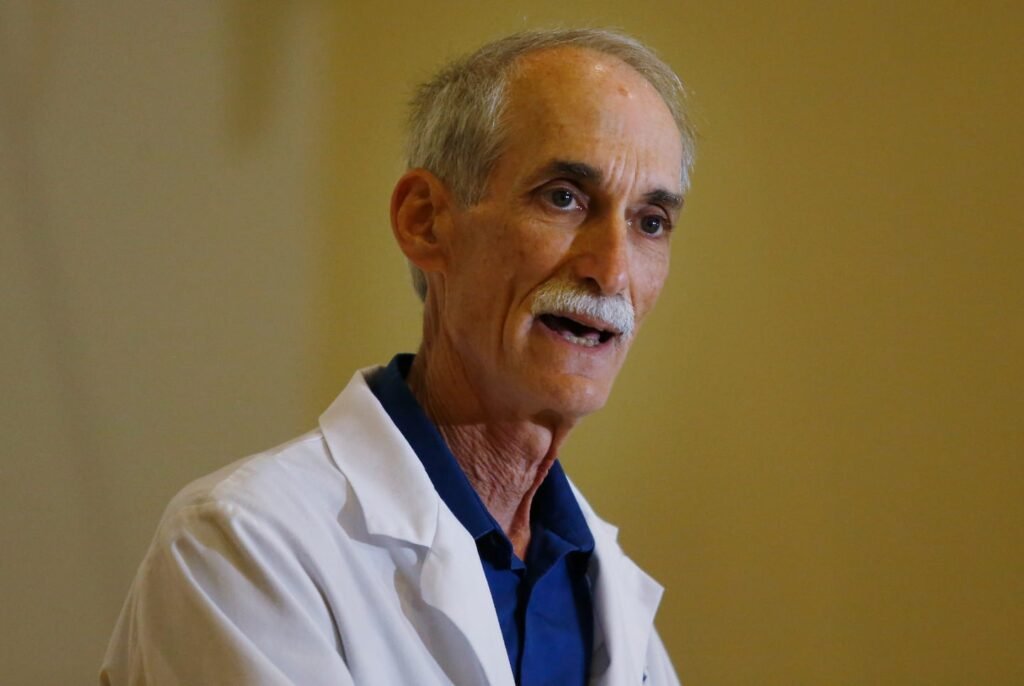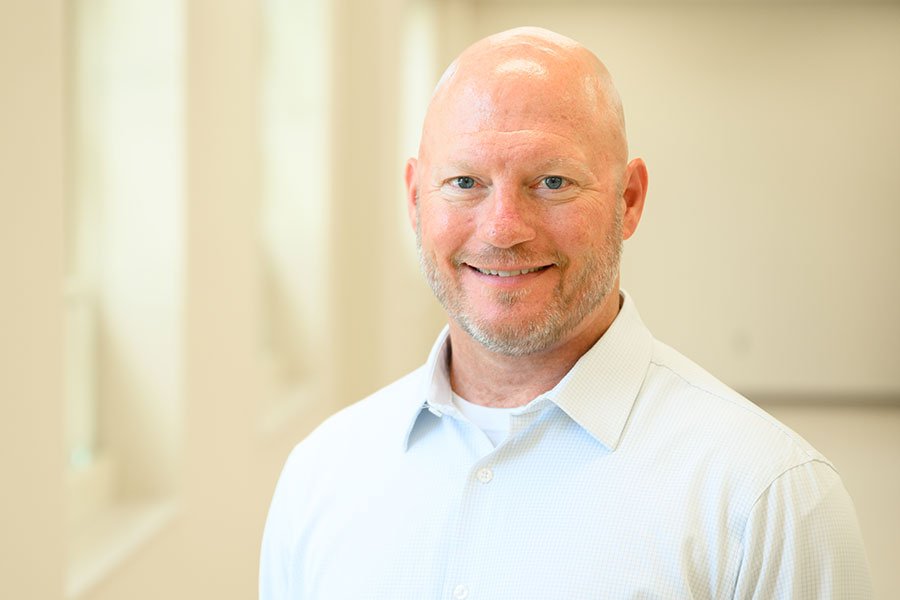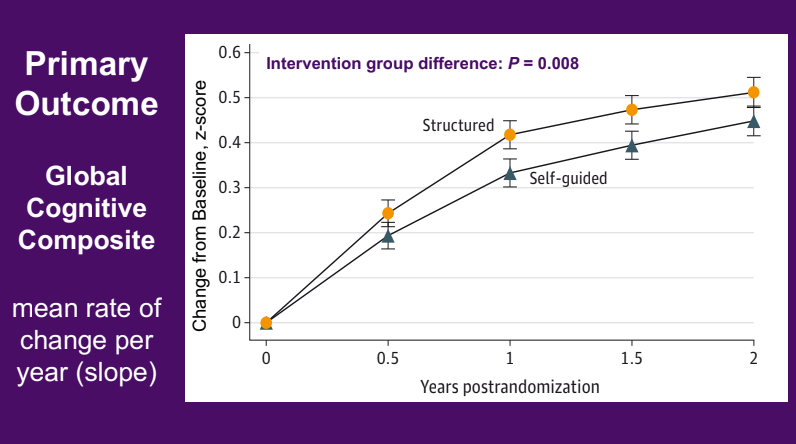We often believe that eating healthy, avoiding alcohol and smoking, and staying active is enough to keep the heart safe. But the story of 40-year-old Mohit Sachdeva, a resident of Delhi’s Lajpat Nagar, shows why regular heart checkups are just as important.
On July 9, Mohit followed his usual morning routine. At 7:15 am, he reached his gym, like he had done for the past 20 years. By 8:45 am, everything changed. While doing a 180 kg leg press, Mohit suddenly felt dizzy and collapsed. He had suffered a sudden cardiac arrest.

Saved in the crucial eight minutes
When the heart suddenly stops beating, doctors say every minute counts. The brain begins to lose oxygen, and within minutes, organs start shutting down. Luckily for Mohit, someone at the gym knew cardio-pulmonary resuscitation (CPR).
“What saved him was the CPR that his gym friend gave him,” shares his wife, Ruby Sachdeva. CPR involves chest compressions and mouth-to-mouth breathing to keep blood and oxygen flowing until medical help arrives.
Doctors say many young people in India who collapse from cardiac arrest don’t survive because CPR isn’t given in time.
No pulse on arrival
When Mohit reached Medanta-Moolchand Heart Centre, his heart still wasn’t beating. “He had no pulse when he came in. We had to give him advanced CPR and electric shocks. Only then did his pulse show up on the monitor. He was immediately put on a ventilator,” says Dr Abbas Ali Khatai, Emergency Consultant.
Every second mattered. Without that quick response, Mohit’s brain could have suffered permanent damage.
Doctors found three blocked arteries
Once Mohit’s heart rhythm stabilised, the medical team carried out urgent tests. The results shocked everyone.
“We found that three of his heart vessels were blocked, two of them completely,” says Dr Tarun Kumar, Interventional Cardiologist at Medanta-Moolchand Heart Centre to The Indian Express.
Doctors performed an angioplasty on the most recently blocked artery. This minimally invasive procedure widened the artery and placed a stent, a tiny metal mesh, to keep it open.
Because his heart was very weak, doctors decided to wait before treating the other two blockages. Mohit was off the ventilator in 24 hours. Within three days, he was stable enough to go home.
Ignored warning signs
Looking back, Mohit had signs of trouble. “He often felt a dull pain in his left arm during workouts,” Ruby said. “He even had the same pain last year during a trek to Vaishno Devi, but thought it was just muscle strain.”
Dr Kumar explains this was not muscle pain but angina, the heart’s way of warning that it isn’t getting enough blood.
“He had been ignoring these symptoms for almost two years. Unfortunately, many people mistake angina for muscle pain or fatigue,” he said to The Indian Express.
Tests after his collapse revealed Mohit had high blood pressure, borderline high cholesterol, and a fatty liver, all hidden conditions he was unaware of.
The role of protein powders
Ruby shares that Mohit had recently started taking herbal supplements and protein powders to support his gym training.
While no direct link was proven in his case, experts warn against excessive or unregulated supplement use.
“Consuming very high amounts of protein, especially from powders, can put strain on the kidneys and may indirectly impact heart health,” says Dr Kumar.
Animal studies have even shown that a high-protein, high-fat diet can speed up plaque build-up in arteries, making blockages more likely.
Why regular heart checkups are vital
Dr Kumar in a conversation with The Indian Express, says that staying fit doesn’t always mean your heart is healthy.
“We advise all Indians above 25 to get annual heart checkups, especially if there’s a family history of heart disease,” he says. “A simple cardiac workup and endurance test before joining a gym could prevent tragedies.”
Conditions like thickening of the heart muscle or a genetic tendency to develop blood clots often go undetected until something goes wrong.
The power of CPR
Mohit’s survival was only possible because someone at the gym knew CPR.
“Community-level CPR training can save countless lives,” says Dr Khatai. “Most sudden cardiac arrest victims don’t make it to the hospital because no one around them knows what to do. Quick CPR can mean the difference between life and death.”
Life after cardiac arrest
Recovery doesn’t end with leaving the hospital. Doctors advise survivors to follow a strict rehabilitation plan.
“We recommend starting with 10–15 minutes of walking daily and gradually increasing to 30–40 minutes over six weeks,” says Dr Kumar. “Once fitness improves, we do a treadmill test before allowing heavier activity. Regular exercise, done safely, helps with weight control, better blood flow, and improved heart health.”
For Ruby and Mohit, the incident was a shock. “Mohit was so disciplined. He ate home-cooked food, rarely drank, never smoked, and exercised every day. We thought he was the last person who could have a heart problem,” Ruby says.
But Mohit’s story shows that fitness does not guarantee heart health. Ignoring subtle signs like chest or arm pain, breathlessness, or unusual fatigue can be dangerous.
Mohit Sachdeva’s near-death experience highlights the importance of annual heart checkups, CPR awareness, and paying attention to warning signs.



